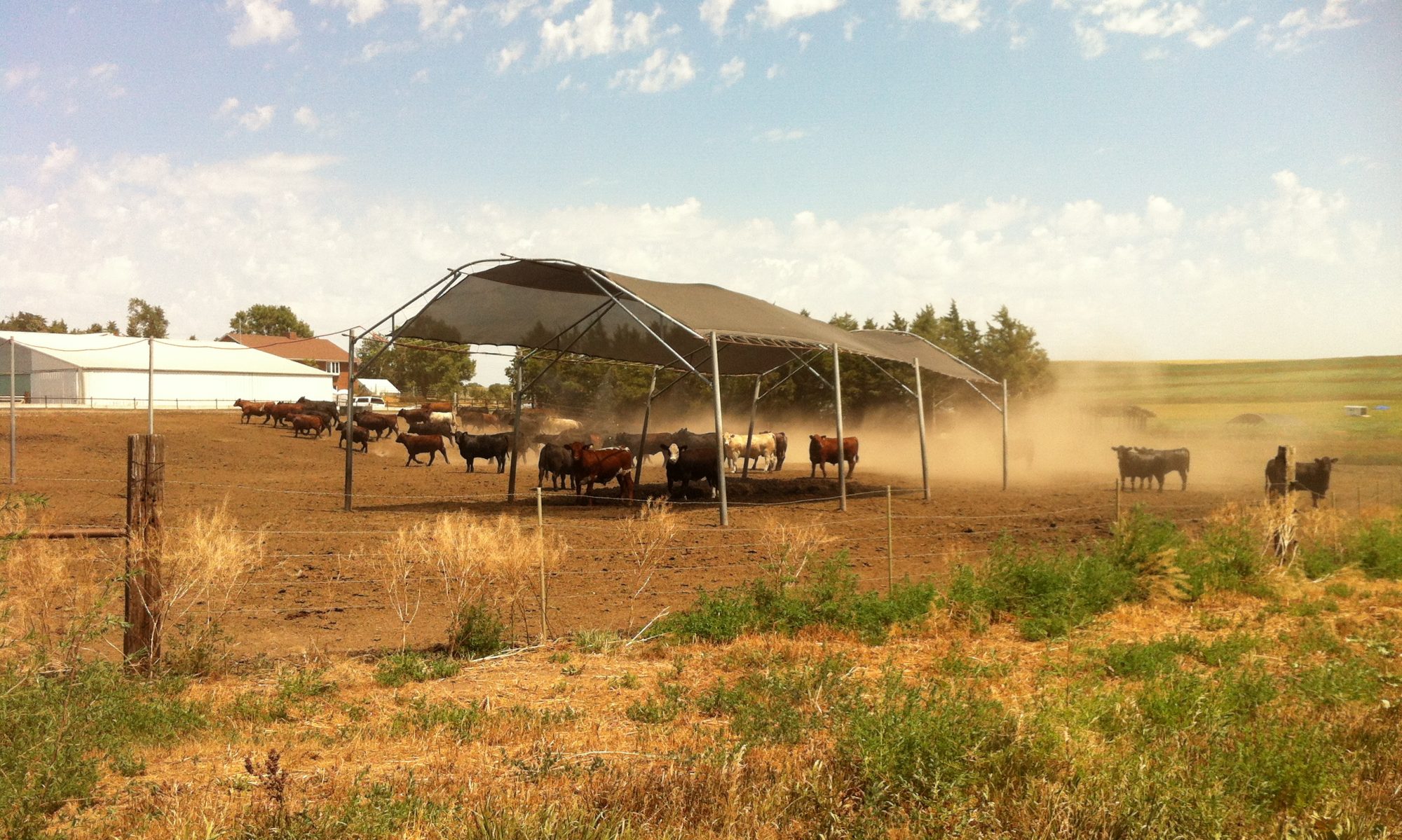Why is State Specific Nutrient Management Information Important?
State or regionally specific factors such as climate and soils impact the many manure nutrient management recommendations for application rates and best management practices (BMPs). In addition, state specific public policy may also establish minimum expectations and required practices.
Finally, state land grant university research may have identified preferred procedures for implementing crop nutrient recommendations or manure nutrient management that may differ from other states. Regardless of the driving force, it is recommended that nutrient management plans follow state specific recommendations for crop nutrient requirements, crop availability of manure nutrients, BMPs, and planning and record expectations.
Click on Your State to View Links to State-Specific Nutrient Management Information
If there is no information linked to your state on this map, it is recommended that you contact your land grant university, county Cooperative Extension office, or county or state USDA Natural Resources Conservation office. If your farm falls among those covered by state or federal regulation, your state’s environmental regulatory agency should also be contacted.
Additional Information Sources on State Specific Nutrient Management
- The Manure Management Planner computer program developed at Purdue University is one source of state specific information. The software currently supports 34 states (AL, AR, CA, CO, DE, FL, GA, IN, IL, IA, KS, MA, KY, MD, MI, MN, MO, MS, MT, NE, ND, NJ, NM, OH, OK, OR, PA, RI, SD, TN, UT, VT, WA and WI) by automatically generating fertilizer recommendations and estimating manure N availability based on each state’s Extension and/or NRCS guidelines. Check with your state to be sure the Manure Management Planner meets state specific nutrient management plan criteria.
Page Manager. Rick Koelsch, University of Nebraska, rkoelsch1@ unl.edu
Reviewers: Doug Beegle, Pennsylvania State University, and John Lory, University of Missouri

